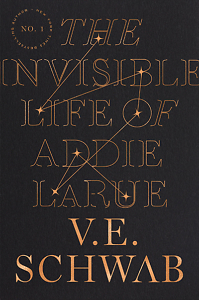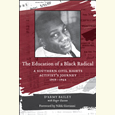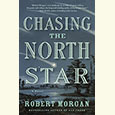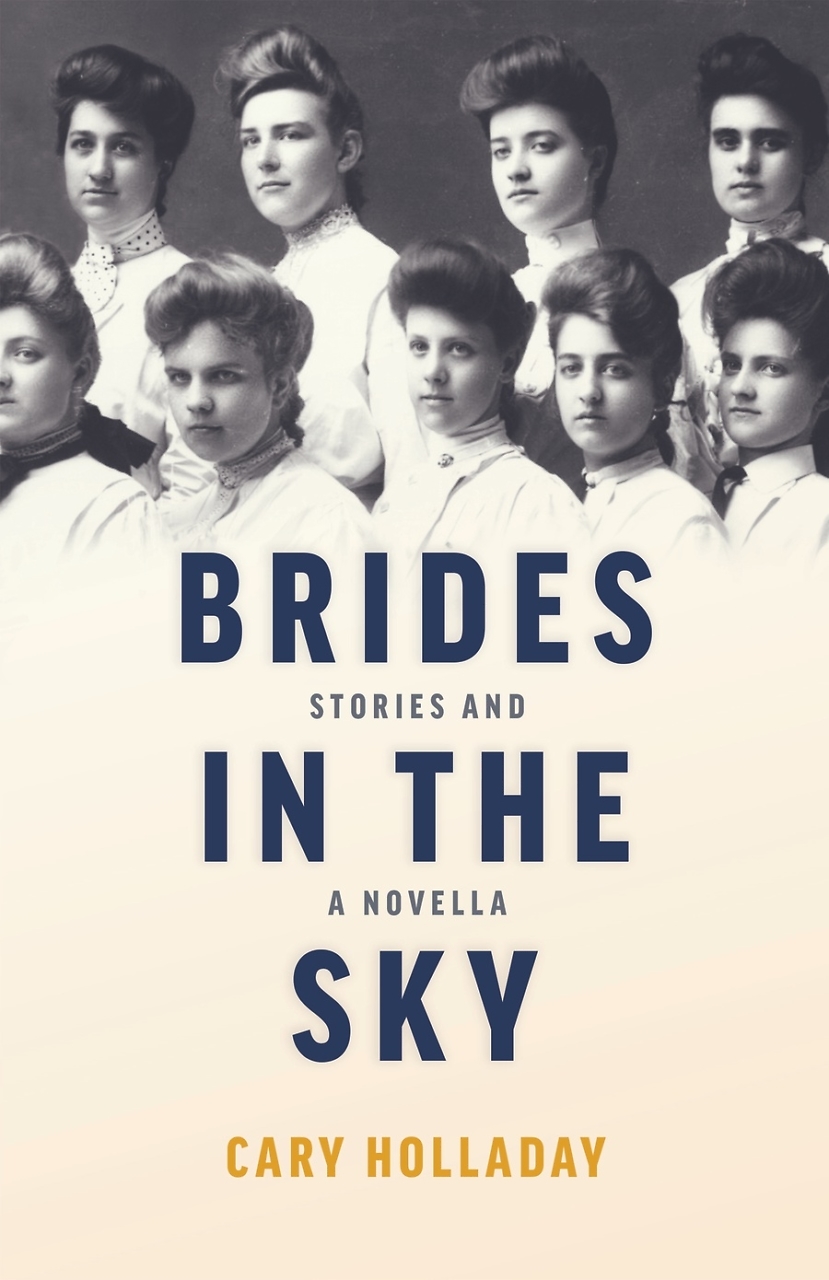A Place Where Nobody Knows Your Name
In V.E. Schwab’s The Invisible Life of Addie LaRue, a god grants a young woman her wish
Imagine a world where no one knows who you are, where you are forgotten every time someone closes a door or goes to sleep, even if you are lying in the same bed. This is the world that the woman at the center of V.E. Schwab’s latest novel, The Invisible Life of Addie LaRue, has inhabited for centuries.

As a young woman in a small village in 18th-century France, Addie LaRue knows little of the world beyond its borders, but she knows she doesn’t want to spend her life in a provincial village, never seeing what else is out there. Desperation causes her to run away on her wedding day, and she calls out to the gods that her elderly friend Estelle has taught her about — gods older than the faith she was raised in.
But the old gods are not gentle. As Estelle tells her: “The old gods may be great, but they are neither kind nor merciful. They are fickle, unsteady as moonlight on water, or shadows in a storm. If you insist on calling them, take heed: be careful what you ask for, be willing to pay the price. And no matter how desperate or dire, never pray to the gods that answer after dark.”
Of course, the desperate don’t heed warnings. When a god of darkness appears to Addie, she grabs the hope he offers. She asks for untethered freedom, for time without limit — and the god can have her soul when she no longer wants her life. Her request is granted.
Addie’s bargain will take her across the centuries and the globe. She is indeed free because no one remembers her long enough to establish a connection. She is not quite human; she can live until she gives up her soul. But she also feels hunger, pain, bitter cold, excessive heat, and extreme loneliness. Until one day, in 21st-century New York City, she seems to find a loophole. But can the old gods really be tricked?
 This intriguing novel alternates between present-day New York and various moments in Addie’s history. She learns how to be a really good thief in order to clothe and feed herself. She learns to leave a lover’s bed while he’s still asleep so she won’t have to face the blank stare the next morning as he looks at a stranger’s face. And despite her despair and loneliness, she always finds a reason to refuse to give the god (who goes by the name Luc) her soul whenever he comes to her, usually on the anniversary of their deal:
This intriguing novel alternates between present-day New York and various moments in Addie’s history. She learns how to be a really good thief in order to clothe and feed herself. She learns to leave a lover’s bed while he’s still asleep so she won’t have to face the blank stare the next morning as he looks at a stranger’s face. And despite her despair and loneliness, she always finds a reason to refuse to give the god (who goes by the name Luc) her soul whenever he comes to her, usually on the anniversary of their deal:
[Luc] leans in until his cheek brushes against hers, and when he speaks again, the words are little more than whispers over skin: “You think it will get easier. It will not. You are as good as gone, and every year you live will feel a lifetime, and in every lifetime, you will be forgotten. Your pain is meaningless. Your life is meaningless. The years will be like weights around your ankles. They will crush you, bit by bit, and when you cannot stand it, you will beg me to put you from your misery.”
While this is a novel about love and connection, it is also about the human need for art and the desire to leave a mark upon the world. Addie was an artist as a child, and it is her drawing of a young man whose shape Luc inhabits when he visits her. Luc has taken away her ability to draw and to write, yet Addie finds a way to contribute by being a muse to painters and songwriters. She knows that she will leave something of herself behind, even if no one else does.
The Invisible Life of Addie LaRue is a love story, but it is also a novel of survival, of learning how to find a way to contribute in the world. It is also a gripping mystery that will have readers wondering what comes next and how the disparate parts will come together. Addie LaRue is an unforgettable character, sure to linger in readers’ minds long after the final page has been turned. Schwab, who grew up in Nashville, writes middle-grade and young adult novels as well, and those fans definitely have something to look forward to as they grow up.
Faye Jones, dean of learning resources at Nashville State Community College, writes the Jolly Librarian blog for the college’s Mayfield Library. She earned her doctorate in 19th-century literature at Indiana University of Pennsylvania.


